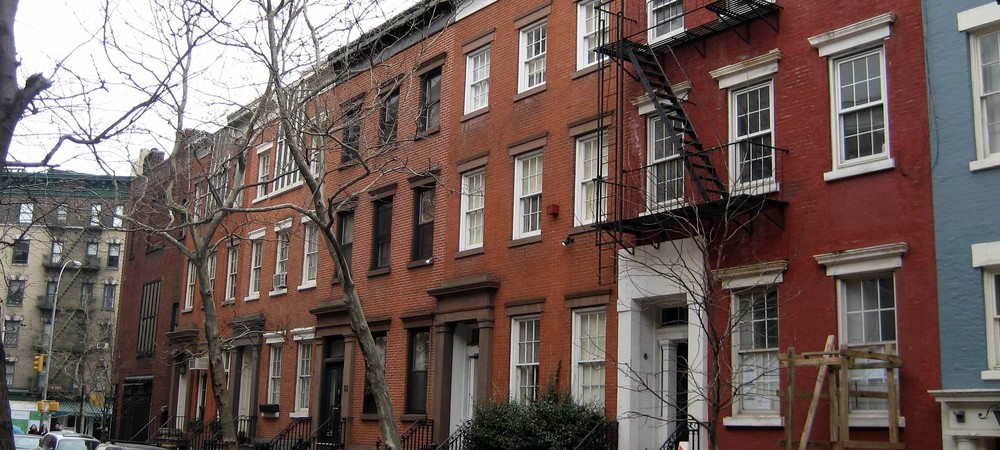Buying an Investment Property in NYC
If you’re interested in buying an investment property in NYC, join the club. Buying a piece of NYC real estate could potentially create a financial windfall down the road, but there are many things you should think about before you plunk down the cash.
Buying an investment property in NYC, having its value climb exponentially (and with envy-inducing speed) while paying for itself? Everyone from native New Yorkers to Tibetan sheep farmers have shared this dream. Whether you’ve got a huge inheritance to burn through or you’ve finally amassed enough income to put together a deposit, there are certain things that you should keep in mind before you begin building your NYC empire.
Figure Out Your Budget
Determine exactly how much money you have to spend. Make sure that if you have want to buy an investment apartment worth $500k, you have the ability to pay for it. Even if you’re going to have tenants on the premises to help pay the expenses related to the apartment, you need to make sure that the monthly expenses — mortgage, maintenance, taxes — are costs you can carry on your own if you have to.
Figure Out Which Type of Buyer You Are
In order to be a successful real estate investor, you need to know which type of investor you are. There are generally two types of people who buy apartments in New York: those who buy to rent, and those who buy to hold and flip. The “renters” are the ones who buy to rent their apartments out in order to cover the costs of owning those apartments. If renters aren’t in the apartment, you’ll still have to pay the monthly costs until you find new tenants.

Image Source: Flickr
Check Out Prospective Neighborhoods
Currently, it seems like most of the city is on a winning streak. It’s as if you can drop your money anywhere and you’ll bear fruit. Great market aside, you’ll still want to do your research to make sure you’re making an investment in a neighborhood that makes sense for you.
- Speak with a broker about neighborhoods that might appeal to you and fit your budget. Go out and personally visit those neighborhoods, and find the specific areas within them that have the amenities that could appeal to your renters. High on the list will be things like accessibility to transportation and proximity to stores.
- As you walk around the neighborhood, try to get a sense of who’s already living there. If it’s filled with families, a one-bedroom for a single person may not be the best use of your money. Conversely, neighborhoods filled with young people may not be the best place to invest in a three-bedroom family-style apartment. Exceptions are the rule, so working with a real estate professional can help lessen any confusion.
Condo or Co-Op … or House?
Unless you’re buying a full brownstone to rent out, you’ll be buying a co-op or condo. There are infinitely more co-ops in NYC than there are condos, and co-ops are less expensive as well, sometimes significantly so. Easy choice? Not necessarily.
- It may be easier for you to buy a condo than a co-op. Co-op boards have a history of having much stricter financial requirements than condo boards, although the differences appear to be narrowing.
- Co-op boards often have strict rules against owners renting out their apartments. You may not be allowed to rent during your first few years of ownership, and you may face limits on how long you can have tenants. Condos don’t usually have those restrictions, making it easy for owners to rent out. If having tenants in your co-op is a must, thoroughly check out the house rental rules before making a bid.
Keep this advice in mind while you search for your investment property in NYC.
Main Image Source: Flickr/Ed Yourdon
[cf]skyword_tracking_tag[/cf]




